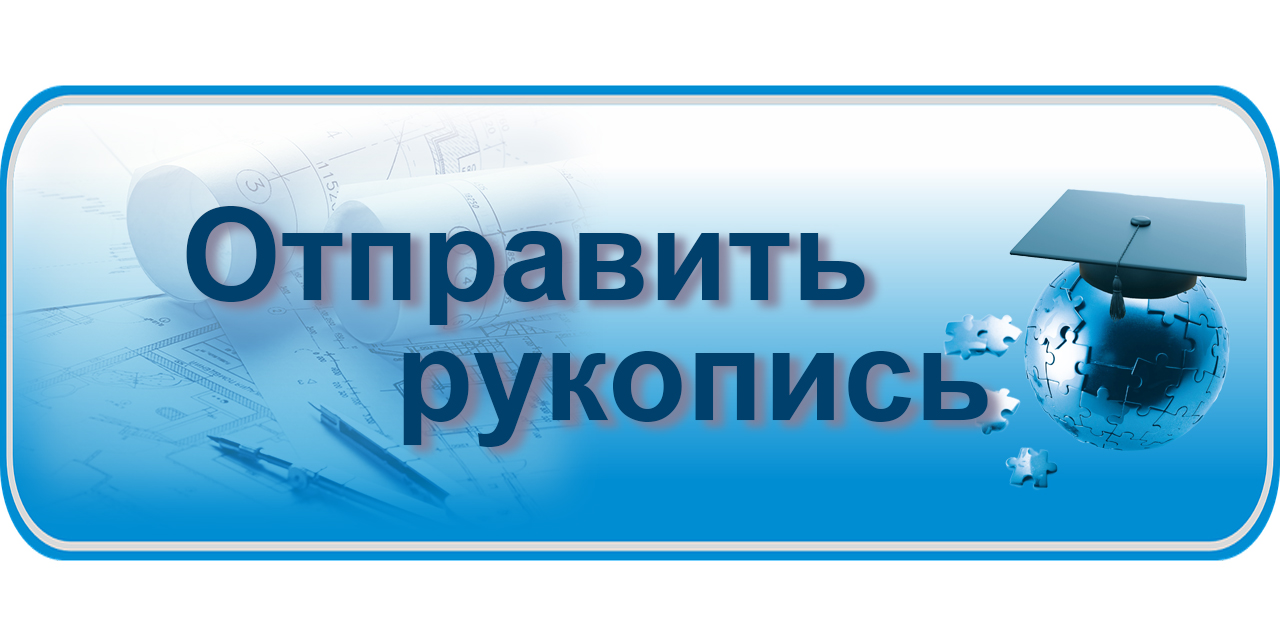УДК37.043.2-055.1/.2 10.15507/Inted.080.019.201503.108
ИНТЕГРАЦИЯ И ДОПОЛНИТЕЛЬНОСТЬ ОБЩЕНАУЧНЫХ И РЕЛИГИОЗНЫХ ЗНАНИЙ В МИРОВОЗЗРЕНЧЕСКОМ АСПЕКТЕ ВЫСШЕГО ОБРАЗОВАНИЯ
Михалкин Владимир Сергеевич
(доцент кафедры физики и оптотехники ФГБОУ ВПО «Ижевский государственный технический университет имени М. Т. Калашникова» (Россия, г. Ижевск, ул. Студенческая, д. 7), кандидат технических наук, Этот адрес электронной почты защищён от спам-ботов. У вас должен быть включен JavaScript для просмотра.)
Обращение к мировой истории показывает, что основами образования в развитых странах мира являются национальные системы вероисповеданий. Правомерность подобных оснований была подтверждена многими специалистами на одном из международных семинаров ЮНЕСКО, где отмечалось, что важнейшей причиной угасания творческого потенциала народа является национальная система образования, далекая от духовных / сакральных традиций и культуры своего народа. Основой раннего этапа российского образования явилось православно-христианское вероисповедание. Его цели характеризовались понятием образа, которое включало не только обучение, но и воспитание как вертикальный путь развития человека, ведущего к восстановлению в нем «образа и подобия Божия», воплощенного в личности Иисуса Христа (Быт. 9, 6). Исходная сакральность российского образования в начале XX в. была насильственным образом заменена идеологией диалектического материализма, не признающей духовного начала человека и объясняющая его и окружающий мир на основе естественных наук. Современное возрождение конструктивного диалога науки и христианской религии создает новые возможности для становления духовной зрелости человека, как его наивысшей потребности. Она не дается ему от рождения и является результатом сложной и напряженной внутренней работы. В статье обсуждаются обретение как светской, так и религиозной духовности, которые имеют принципиальные отличия. Под светской духовностью человека понимается его интеллектуальное развитие, культура, глубокое познание философии, искусства, стремление к красоте и гармонии и т. д. С точки зрения А. Маслоу, она соотносится с самоактуализацией личности, условием которой является наличие природных способностей и благоприятных социально-исторических условий. Религиозная/сакральная духовность человека основывается на признании недостаточности самоопределения и желания человека в становлении его личности и необходимости его синергии с Божественной энергией (благодатью Божией), запредельной земному миру, но деятельно присутствующей в нем и его преображающей.
Ключевые слова: мировоззрение личности; интеграция; синергия; дополнительность; трансцендентность; pro and contra светской и сакральной духовности в современном образовании.
Для цитирования: Михалкин, В. С. Интеграция и дополнительность общенаучных и религиозных знаний в мировоззренческом аспекте высшего образования / В. С. Михалкин // Интеграция образования. − 2015. − Т. 19, № 3. − С. 108−1 14. DOI: 10.15507/Inted.080.019.201503.108
INTEGRATION AND COMPLIMENTARITY OF GENERAL SCIENTIFIC AND RELIGIOUS KNOWLEDGE IN THE ASPECT OF WORLD OUTLOOK FOR HIGHER EDUCATION
Mikhalkin Vladimir Sergeyevich
(associate professor, Chair of physics and optical engineering, Kalashnikov Izhevsk State Technical University (7, Studencheskaya Str., Izhevsk, Russia), Ph.D. (Engineering), Этот адрес электронной почты защищён от спам-ботов. У вас должен быть включен JavaScript для просмотра.
The world history shows, that education in the developed countries is thought to have originated in national systems of religious confessions. Legitimacy of such conclusions has been confirmed by many experts on one of the international UNESCO seminars where it was advocated, that the major reason for vanishing of people’s creative potential is the national education system far-off from spiritual/sacral traditions and culture of the people. The basis of an early stage of the Russian education was Orthodox-Christian faith. Its purposes and contents were characterised by concept of “image”, which included not only training, but also education as a vertical way of development of the person leading to the restoration in him/her the “image and similarity of God”, personified by Jesus Christ (Being. 9, 6). In the beginning of XX-th century the initial sacramentality of Russian education has been violently replaced by the ideology of dialectic materialism, which does not recognise the spiritual beginning of a person and explaining himself/herself and reality on the basis of natural sciences. Modern revival of meaningful dialogue of science and Christian religion creates new possibilities for formation of a spiritual maturity of the person, as his highest requirement. It is not given to him from birth and grows out due to a difficult and intense internal work. The paper discusses finding both secular, and religious spirituality which have essential differences. Under the secular spirituality of the person is meant his/her intellect, culture, deep knowledge of philosophy, art, aspiration to beauty and harmony etc. According to A. Maslow, it corresponds with self-actualisation of the person with availability of inborn abilities and favorable social-historical conditions. Unlike secular spirituality, religious/sacral spirituality of the person is based on a recognition of deficiency of self-determination and desire of a man in creation of his/her personality and necessity of his/her synergy with transcendental Divine energy (grace of God), other-worldly to the terrestrial world, but actively present in him/her and transfiguring him/her. A source of finding of sacral spirituality for students of higher educational institutions is recognition of reality of the transcendental world and enrichment of internal experience through scientific and religious knowledge, which integration and complementarity is destined to became the most important basis for creation of a world outlook platform of new generation.
Keywords: world outlook of а person; integration; synergy; complimentarity; transcendentalism; pro ad contra of secular and sacral spirituality in modern education.
For citation: Mikhalkin V. S. Integratsiya i dopolnitelnost obshchenauchnykh i religioznykh znaniy v mirovozzrencheskom aspekte vysshego obrazovaniya [Integration and complimentarity of general scientific and religious knowledge in the aspect of world outlook for higher education]. Integratsiya obrazovaniya = Integration of Education. 2015, vol. 19, no. 3, pp. 108−114. DOI: 10.15507/Inted.080.019.201503.108
Скачать статью в pdf (To download article).

Материалы журнала доступны по лицензии Creative Commons «Attribution» («Атрибуция») 4.0 Всемирная.









 Шаблон статьи
Шаблон статьи


















